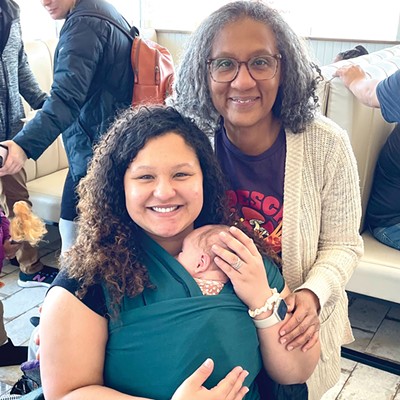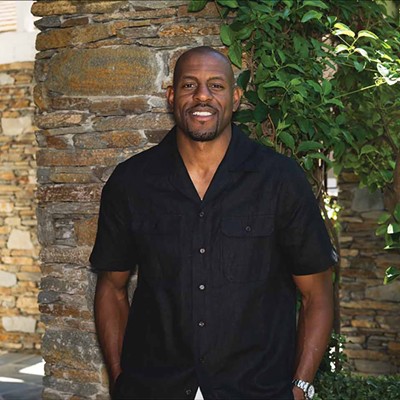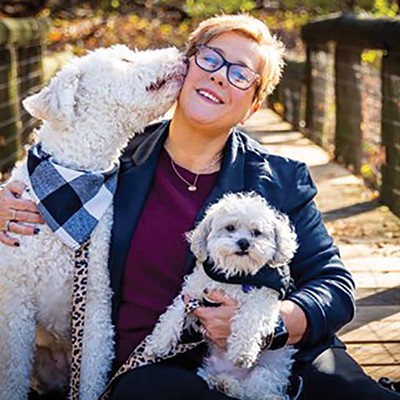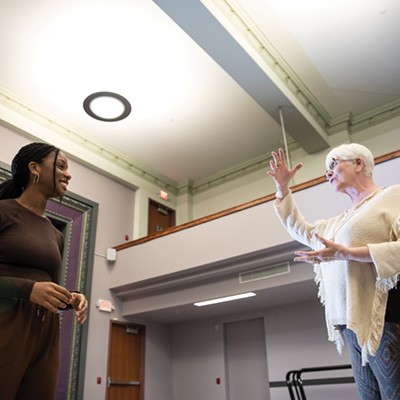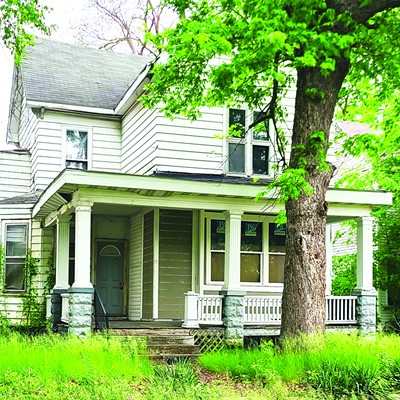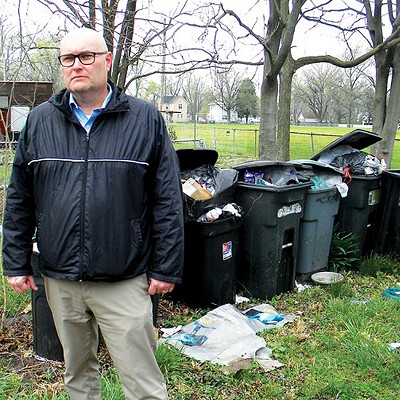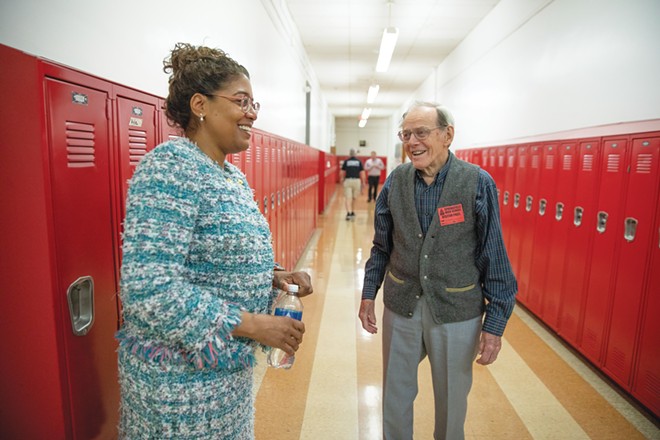
This past week marked the one-year anniversary of the premiere for No Title for Tracey, the documentary about my sister, Tracey Meares, and her being denied the title of valedictorian of her senior class at Springfield High School in 1984. Many have asked what has been the most impactful moment since the documentary was first shown.
When this idea by Maria Ansley was first discussed, the thought was to make a short YouTube video and post to tell the story. At the time, the thought was more about allowing those who want to gain perspective and history of the lesser known events of Springfield to do so. After watching the impromptu interview of my sister in my parents' home on a Thanksgiving morning in 2021, Maria and I both knew that these disturbing events deserved much more than a quick blurb. This traumatic story of systemic racism shaped our local government, ironically propelled Tracey into the work of social justice, and may have negatively affected our community with the loss of an incredible mind and mentor, due to her disenfranchisement as a Black woman.
What were the moments that this film and its subsequent effects seemed most impactful? Initially, the hundreds who came to see the premiere at the Hoogland Center for the Arts on April 16, 2022, seemed like "the moment." I had to talk Tracey into being there in person as she was not initially interested in participating further. Jennifer Gill, superintendent of Springfield Public Schools, awarding Tracey her valedictorian title and transcripts on stage after the premiere, albeit 38 years later, was most certainly a moment Maria and I had not intended. Yet, seeing Superintendent Gill represent the system that had done my sister so wrong is definitely a moment to be cherished. So is the time when previous neighbors, friends and teachers embraced Tracey that day with cheers, hugs and tears.
As the documentary got national attention, it was gratifying to read the talk and chatter that it created, from CNN to The Guardian to MSNBC. Tracey, already well-known on the national level as a Yale Law professor and foremost authority on policing, was familiar in this arena but was telling her own story, which was not known to many inside or outside her circle. Tracey received and continues to receive many emails and notes from others about how similar institutions disenfranchised their achievements as well. For many of these affected, there was finally validation of their truth and their trauma. As we did limited showings with educational systems to continue needed conversations, there were also instances afterwards where a person of color would approach me with tears and sadness as they may have also recalled the moment of racial puberty in their lives. Those events many of us black and brown people swallow down deep as they are too painful to process. We fear choking on them and losing our breath.
More moments occurred in the year after No Title for Tracey. Tracey was inducted into the distinguished alumni of SHS. Her previous science teacher, Sherwin Kroll, had nominated her years before after seeing her on PBS and researching her extensive list of accomplishments, including being the first black women tenured at the University of Chicago Law School and also at Yale Law School. As we walked the halls during the tour of Springfield High, Maria and I saw glimmers of joy as Tracey, her high school friend Sharon Golden, and even Mr. Kroll recalled happy moments. Tracey loved high school, but the bitterness of the trauma that unfolded prevented many of those memories to surface.
Then THE moment happened. After a year since the premiere, the moment we never expected but had hoped for came. Tracey spoke eloquently to the auditorium of students, teachers, administrators and the SHS alumni board of her work at Yale and the formation of Justice Collaboratory. Professor Meares discussed the impact of true safety and not just the safety that pertains to the absence of violence. The safety that comes with trusting systems to be fair and equitable. As she took questions from the students, the lunch bell rang and in that moment not one student moved. They didn't flinch. These young minds were enthralled and recognized the incredible mind and conversation that they had in their presence. Many students stayed after they were dismissed to ask further questions, take selfies, and thank her for taking time to be with them that day.
Or was this THE moment? One young Black woman approached my sister and asked her the most difficult question. How does a Black woman who knows her worth and value keep trudging forward in a world that tells her otherwise? Professor Meares answered the best way she could, saying that it was important to have support and reminders of your true worth and value. We as black and brown people cannot fall prey to the systems that tell us we are not worthy. Then Professor Meares gave the student her email address, so if she needed to be reminded, Tracey would be that person for her. The moment that the sad, angry and disenfranchised 17-year-old old Tracey Meares chose not to forgive or forget. She chose to move forward with another 17-year-old young Black woman to be assured this aspiring student wouldn't suffer the same trauma as she had 40 years ago.
I am Nicole Florence, Tracey's younger sister and co-creator of No Title for Tracey. Maria Ansley and I are grateful for all the support, encouragement, and moments that have occurred from this film. We are currently wrapping up legal details with hopes of greater access for all to watch this documentary, as well as the ability to continue to tell the stories that need to be told within our community.






